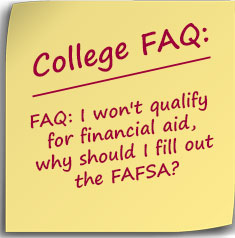 Even if you think your family makes too much money to qualify for financial aid, you should still fill out the FAFSA. You need to complete the FAFSA to be eligible for certain loans that don’t rely on income such as the unsubsidized Direct Student Loan the PLUS loans for parents. The FAFSA is also required for many state-based college financial aid programs.
Even if you think your family makes too much money to qualify for financial aid, you should still fill out the FAFSA. You need to complete the FAFSA to be eligible for certain loans that don’t rely on income such as the unsubsidized Direct Student Loan the PLUS loans for parents. The FAFSA is also required for many state-based college financial aid programs.
What is tuition discounting?
ShareTweetFlipEmailPin0 SharesTuition discounting refers to the scholarships and grants colleges and universities provide to students. The Association of Government Boards of Universities and Colleges defines it as “Tuition discounting is the process by which the institution offsets its published tuition price (sticker price) with institutional grant aid for enrolling students.” The students are not paying … Read more

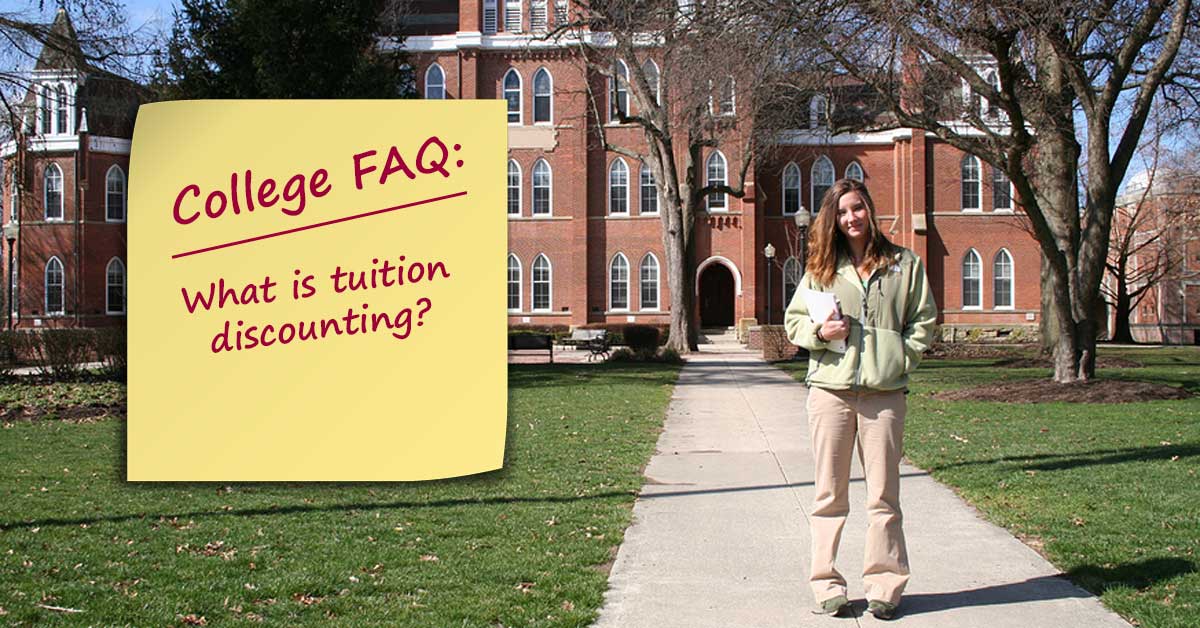
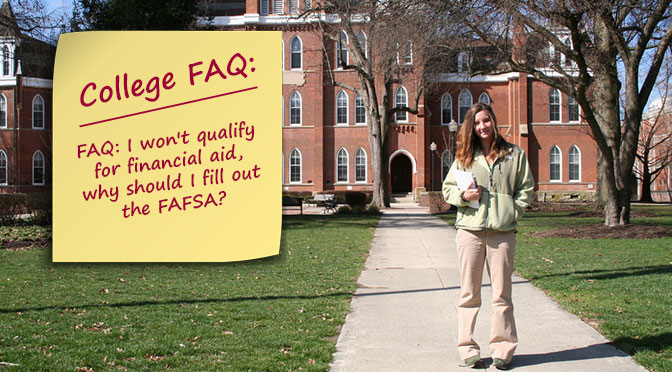
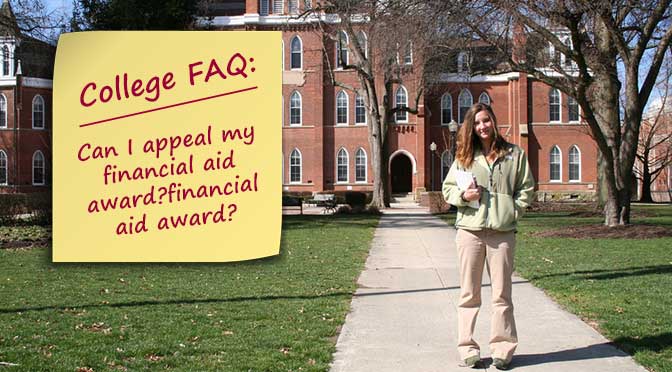
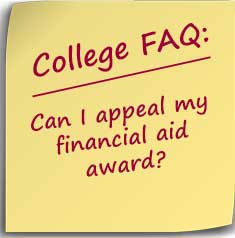 Yes. You can appeal your financial aid award if there has been a change in your family circumstance or if you believe that the process did not account for a specific aspect of your family situation. The following is a list of reasons why you might appeal your financial aid award:
Yes. You can appeal your financial aid award if there has been a change in your family circumstance or if you believe that the process did not account for a specific aspect of your family situation. The following is a list of reasons why you might appeal your financial aid award: